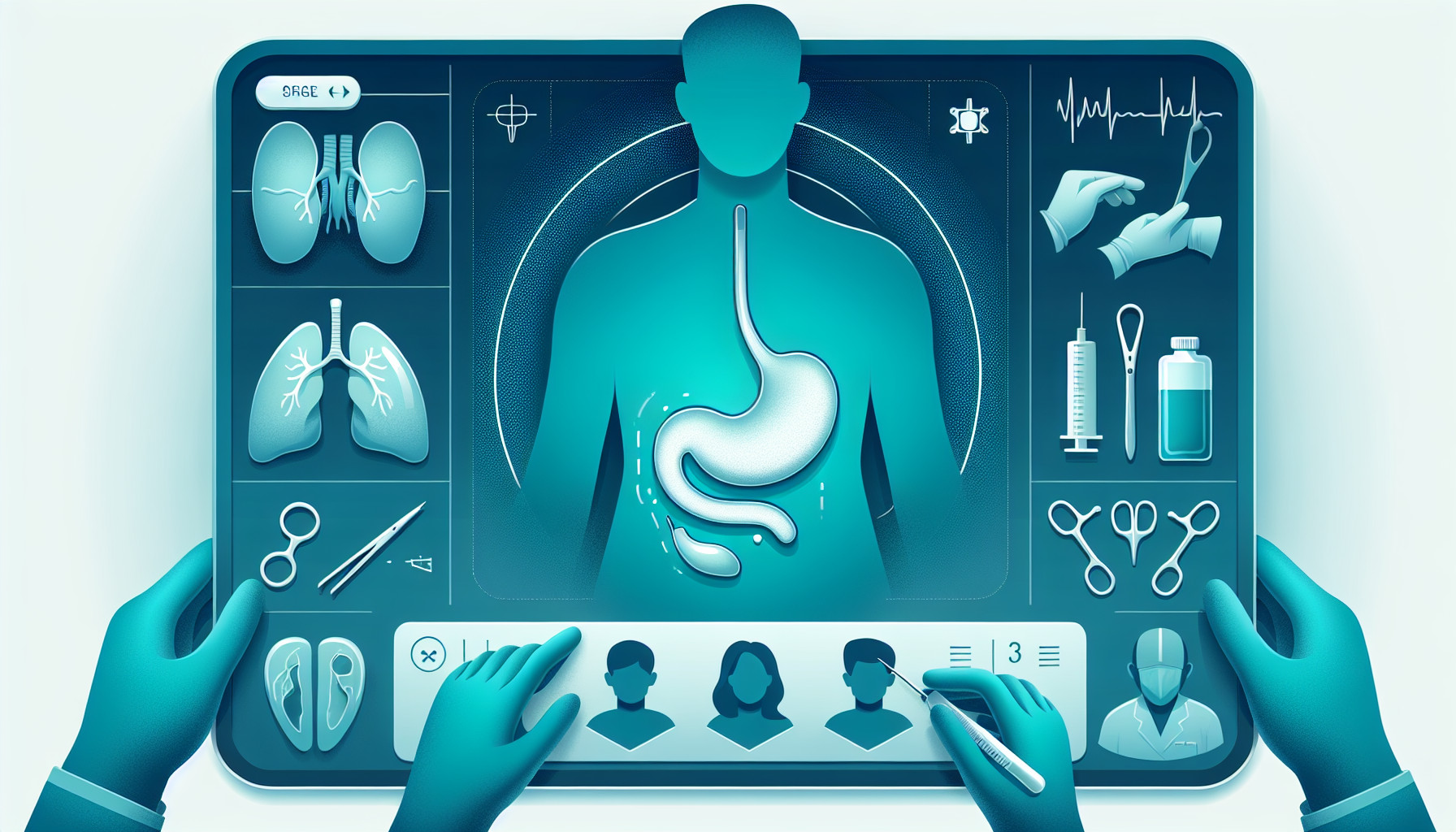Our Summary
This study investigated the risk factors for requiring emergency gallbladder removal surgery (cholecystectomy) among patients who were already scheduled for this procedure as an elective (non-emergency) surgery. The researchers looked at medical records from 2017 to 2022 and found 1086 patients who were scheduled for elective cholecystectomy. Out of these, 48 ended up needing emergency surgery before their scheduled date.
The study found that patients who ended up needing emergency surgery had to wait significantly longer for their elective surgery, on average 60.3 days, compared to 47.3 days for patients who waited for their scheduled surgery (P= .03*). This longer waiting time was even more pronounced among those who had to wait more than 60 days, with an average wait time of 115.7 days for those needing emergency surgery, compared to 92.1 days for those who waited for their elective surgery (P= .004).
In addition to longer waiting times, the study also identified obesity as a significant risk factor for needing emergency gallbladder surgery (P= .0001). The researchers concluded that patients who are obese or have to wait more than 60 days for their surgery should be given priority for surgical intervention to avoid the risk of needing emergency surgery.
FAQs
- What are the risk factors for requiring emergency gallbladder removal surgery, according to the study?
- How does obesity affect the need for emergency gallbladder surgery?
- How does the waiting time for elective gallbladder removal surgery impact the risk of needing emergency surgery?
Doctor’s Tip
One helpful tip a doctor might tell a patient about cholecystectomy is to maintain a healthy weight and lifestyle to reduce the risk of needing emergency surgery. It is important to follow a balanced diet, exercise regularly, and avoid unhealthy habits such as smoking to support overall gallbladder health. Additionally, patients should communicate any symptoms or concerns with their healthcare provider promptly to ensure timely and appropriate care.
Suitable For
Other factors that may increase the likelihood of needing cholecystectomy include:
Acute cholecystitis: This is inflammation of the gallbladder that typically causes severe abdominal pain, fever, and nausea. Patients with acute cholecystitis may require emergency cholecystectomy to prevent complications such as gangrene or perforation of the gallbladder.
Gallstones: Patients with symptomatic gallstones, such as those experiencing recurrent episodes of pain, nausea, and vomiting, may be recommended for cholecystectomy to prevent further complications.
Biliary dyskinesia: This condition involves abnormal gallbladder function, leading to symptoms such as pain and bloating. Patients with biliary dyskinesia that does not improve with conservative treatment may be candidates for cholecystectomy.
Choledocholithiasis: This occurs when gallstones migrate from the gallbladder into the bile duct, causing blockages and potential complications such as pancreatitis. Patients with choledocholithiasis may require cholecystectomy to remove the source of the stones.
Biliary pancreatitis: In cases where gallstones cause inflammation of the pancreas (pancreatitis), cholecystectomy may be recommended to prevent recurrent episodes and complications.
Overall, patients with symptomatic gallbladder disease, such as those experiencing recurrent pain, inflammation, or complications related to gallstones, may be recommended for cholecystectomy to alleviate symptoms and reduce the risk of further complications.
Timeline
Before cholecystectomy:
- Patient experiences symptoms such as abdominal pain, nausea, vomiting, and bloating.
- Patient undergoes diagnostic tests such as ultrasound or CT scan to confirm the presence of gallstones.
- Patient consults with a surgeon and schedules an elective cholecystectomy.
- Patient waits for their scheduled surgery date.
After cholecystectomy:
- Patient undergoes the cholecystectomy surgery to remove the gallbladder.
- Patient is monitored in the hospital for a few days post-surgery.
- Patient is advised to rest and avoid strenuous activities for a few weeks.
- Patient may experience temporary side effects such as pain, bloating, and diarrhea.
- Patient gradually resumes normal activities and follows up with their surgeon for any concerns or complications.
What to Ask Your Doctor
Some questions a patient should ask their doctor about cholecystectomy include:
- What are the risks and benefits of undergoing a cholecystectomy?
- What is the recovery process like after the surgery?
- Are there any alternative treatments or procedures that could be considered?
- How long will I need to stay in the hospital after the surgery?
- What kind of diet and lifestyle changes will I need to make after the surgery?
- What are the potential complications associated with the surgery?
- Will I need to take any medications after the surgery?
- How long will it take for me to fully recover and resume normal activities?
- Are there any long-term effects or risks associated with having the gallbladder removed?
- What is the likelihood of needing emergency surgery if I wait for my scheduled cholecystectomy?
Reference
Authors: DeCan ED, Walston ME, Chang ES, Verham JJ. Journal: Am Surg. 2023 Oct;89(10):4191-4194. doi: 10.1177/00031348231180923. Epub 2023 Jun 5. PMID: 37278021
